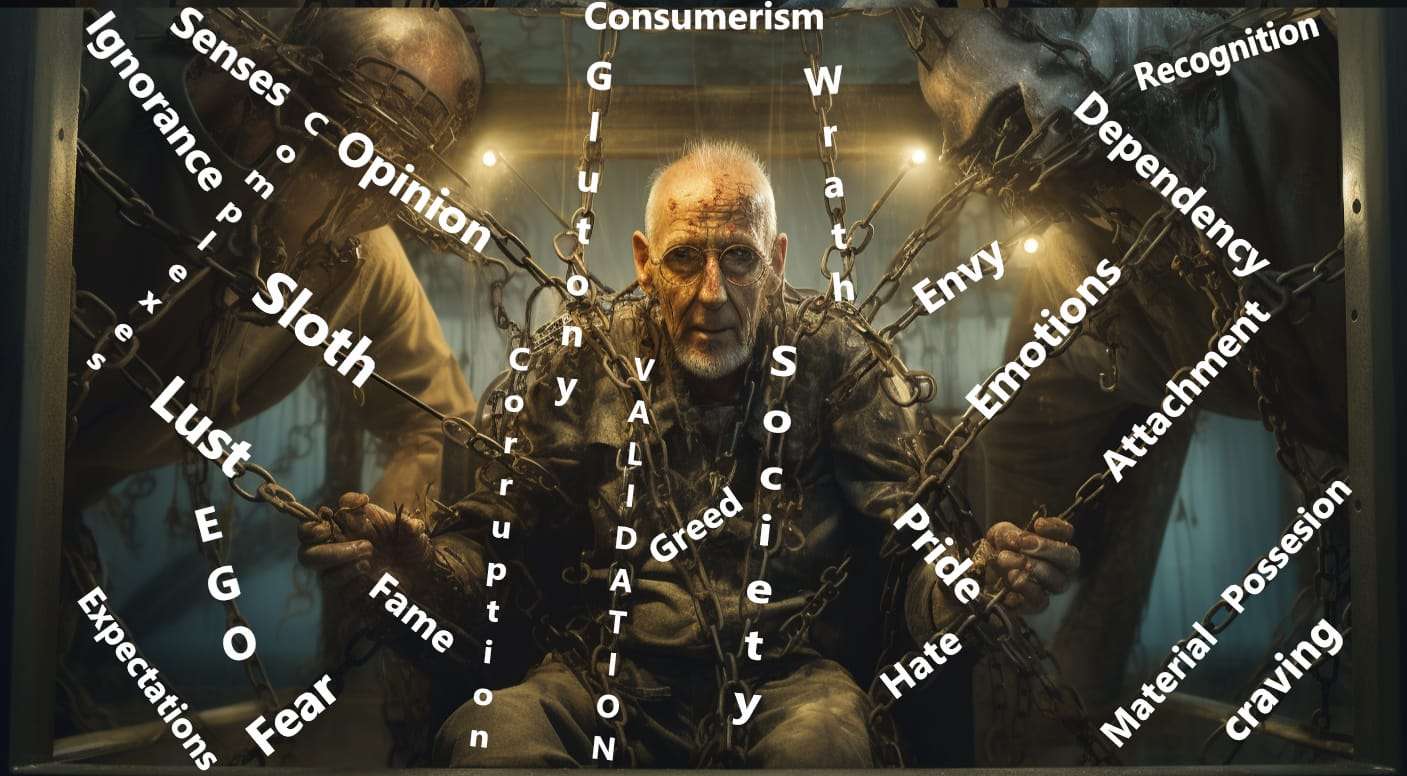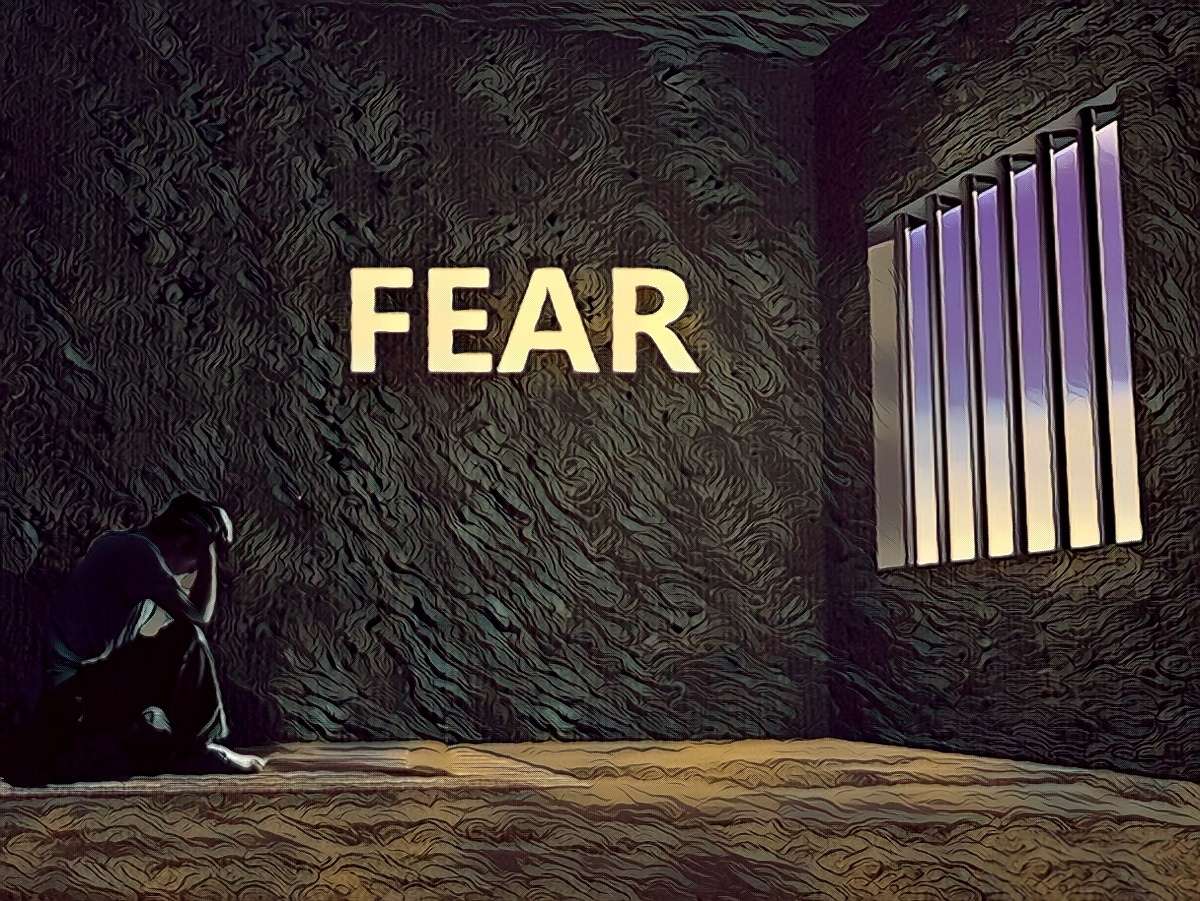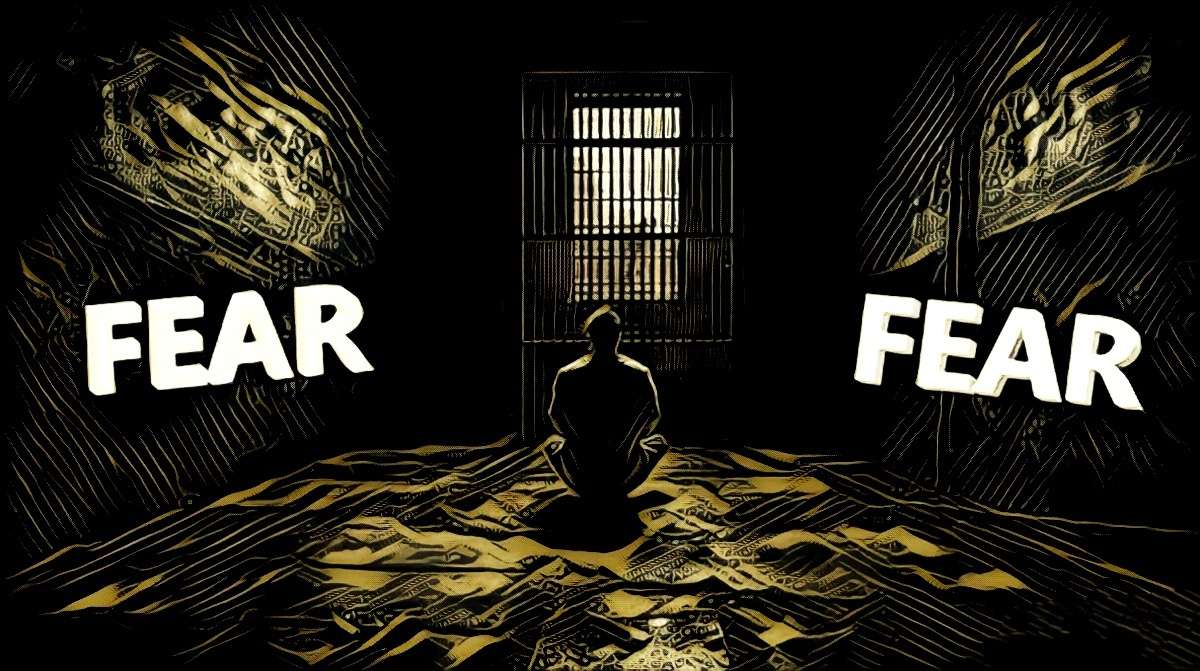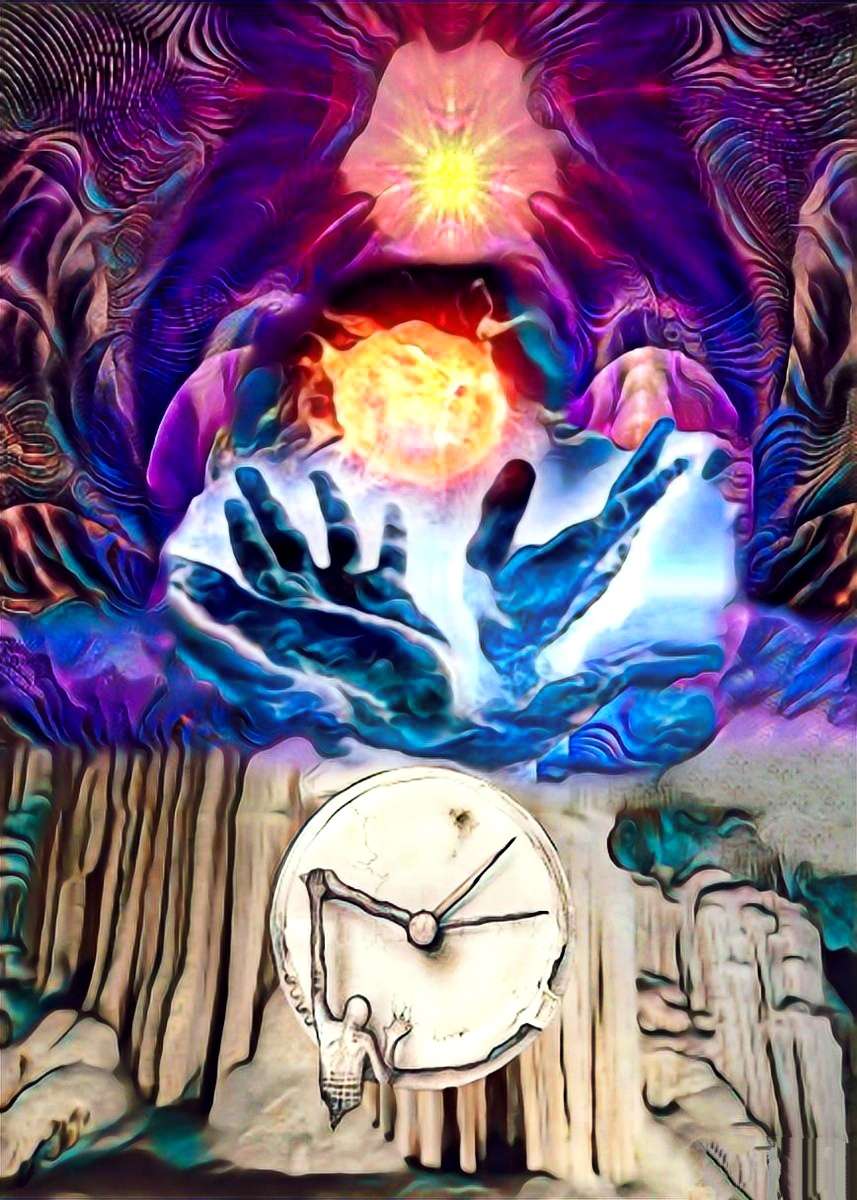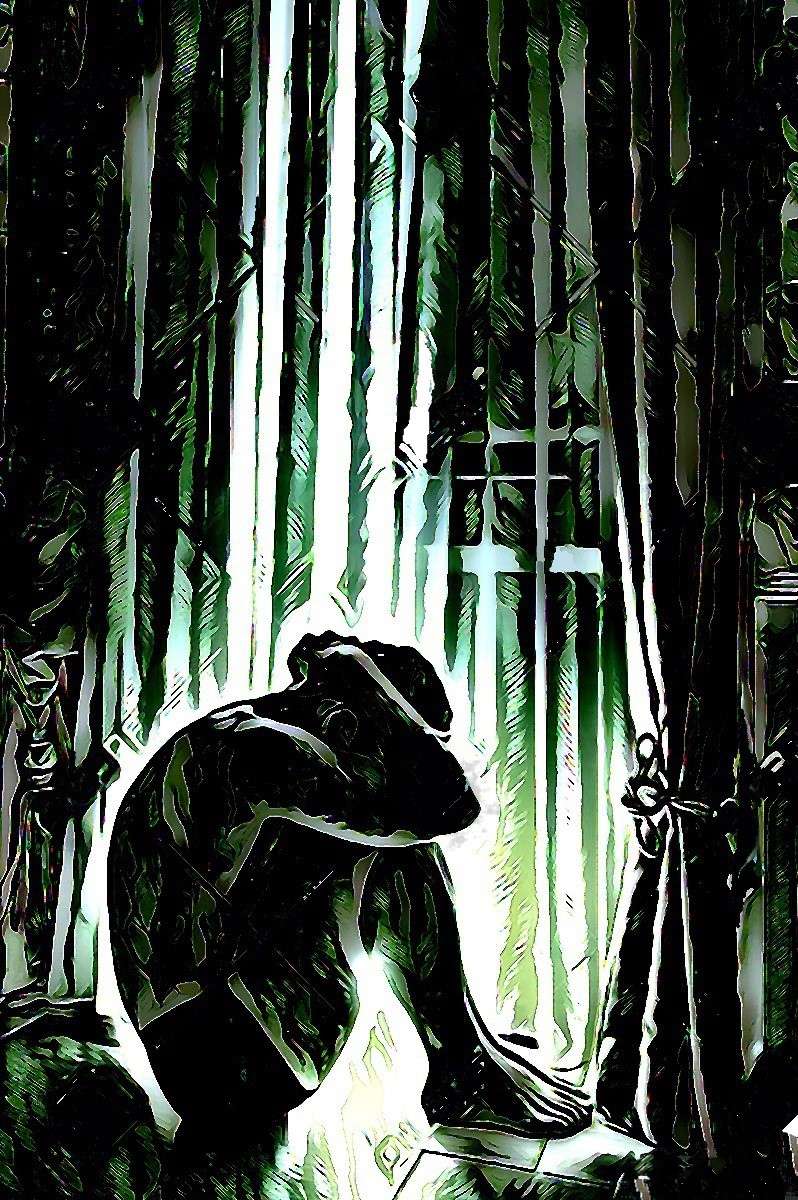
Throughout history and across cultures, humans have grappled with various forms of bondage that restrict their freedom and agency.
Physical Bondage:
Physical bondage encompasses situations where individuals are physically restrained or oppressed. This includes slavery, human trafficking, imprisonment, and forced labor. In such scenarios, individuals are deprived of their basic human rights and subjected to exploitation, coercion, and violence. Physical bondage not only diminishes individual autonomy but also perpetuates cycles of injustice and suffering.
Emotional Bondage:
Emotional bondage refers to the psychological constraints and manipulations that limit individuals’ emotional well-being and freedom. This can manifest in abusive relationships, toxic family dynamics, and societal expectations. Emotional bondages often result in feelings of fear, guilt, shame, and inadequacy, trapping individuals in harmful patterns of behavior and thought. Overcoming emotional bondage requires introspection, healing, and establishing healthy boundaries.
Social Bondage:
Social bondage pertains to the structural inequalities, prejudices, and injustices that marginalize certain groups within society. This includes discrimination based on race, gender, sexuality, class, and other intersecting identities. Social bondages restrict individuals’ access to opportunities, resources, and rights, perpetuating cycles of poverty, oppression, and disenfranchisement. Addressing social bondages necessitates collective action, advocacy, and systemic change to create a more equitable and inclusive society.
Ideological Bondage:
Ideological bondage refers to the mental frameworks, belief systems, and cultural norms that constrain individuals’ perspectives and choices. This includes religious, political ideologies, and societal norms.Ideological bondages can limit critical thinking, creativity, and personal growth, fostering conformity and complacency. Overcoming ideological bondage requires questioning entrenched beliefs, embracing diversity of thought, and cultivating intellectual autonomy.

